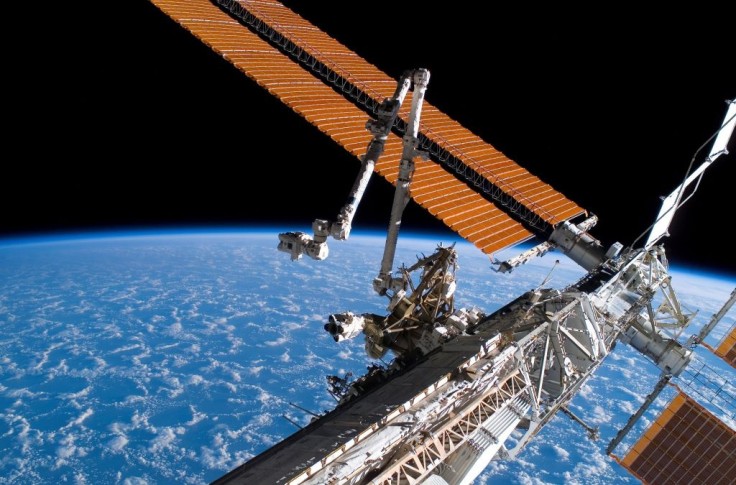
New rules and license changes are coming to internet satellite services like Starlink, Kuiper and OneWeb. Ofcom is emphasizing the risk of satellites interference that could disrupt connections for both satellite and ground internet! Regulations are currently being drafted by involved agencies.
Internet satellite service programs are a topic of interest among investors and consumers. Elon Musk's Starlink, for example, proposed sending thousands of interconnected satellites to provide high-speed internet services anywhere around the globe. Using space technology combined with the in-demand internet service industry, SpaceX Starlink Satellites are predicted to earn $20 billion yearly revenue.
This, of course, sparked competition in the market. The U.K. communications regulator, Ofcom, listed five non-geostationary satellite orbit (NGSO) systems which include Amazon's Kuiper System, OneWeb system, Kepler system, and Telesat system. More interested companies might also come out in the next few years as the industry continues to grow.
With so many satellites orbiting around the Earth, Ofcom is certain that it could lead to catastrophic interference.
SpaceX Starlink, Other Satellites Can Block Signals
According to arstechnica, Ofcom wrote, "The impact of interference on gateway links would be much greater than on individual user links as each gateway provides connectivity for many users (perhaps hundreds or thousands of users depending on the design of the system), so a loss of connection due to interference at the gateway will be experienced more widely across the network."
Imagine subscribing to one of those internet satellite services, like SpaceX Starlink, and suddenly losing connection for a few hours. Unfortunately, this happens not only to you but to your whole neighborhood--from the guy next door and the coffee shop down the street!
The risk of satellite interference is not limited to space activity but could also affect other pre-existing connections on Earth's surface. Disconnections happen for a few seconds or could reach up to a few hours, as two satellites (from different service providers) cross paths on the skies.
For reference, the Ofcom chart listed 3,236 satellites for Kuiper, 140 satellites for Kepler, 648 satellites for OneWeb, 4,408 satellites for Starlink, and 298 satellites for Telesat.
Read also: PS5 Restock Tracker: Twitter Reactions on GameStop PS5 Purchase Success--When Is the Next Sale?
Internet Satellite Coordination and Regulations
The U.S. Federal Communications Commission adopted new rules for this growing internet satellite service industry. Ideas proposed require operators from the different companies to coordinate satellite movements and deployment. They are, however, worried that coordination might be complex due to the dynamic nature of the systems.
New rules to minimize space interference and encourage competition for internet satellite services are being drafted by FFC and other related institutions. New license conditions would also be amended for existing licenses held by SpaceX Starlink, OneWeb, and Kepler.
At the time of writing, the official contents and new regulations have not been provided by the FFC. However, Ofcom noted that it would take comments and suggestions for the new proposals scheduled to come out by late September.
Companies like SpaceX have not made any comments regarding these new updates.









